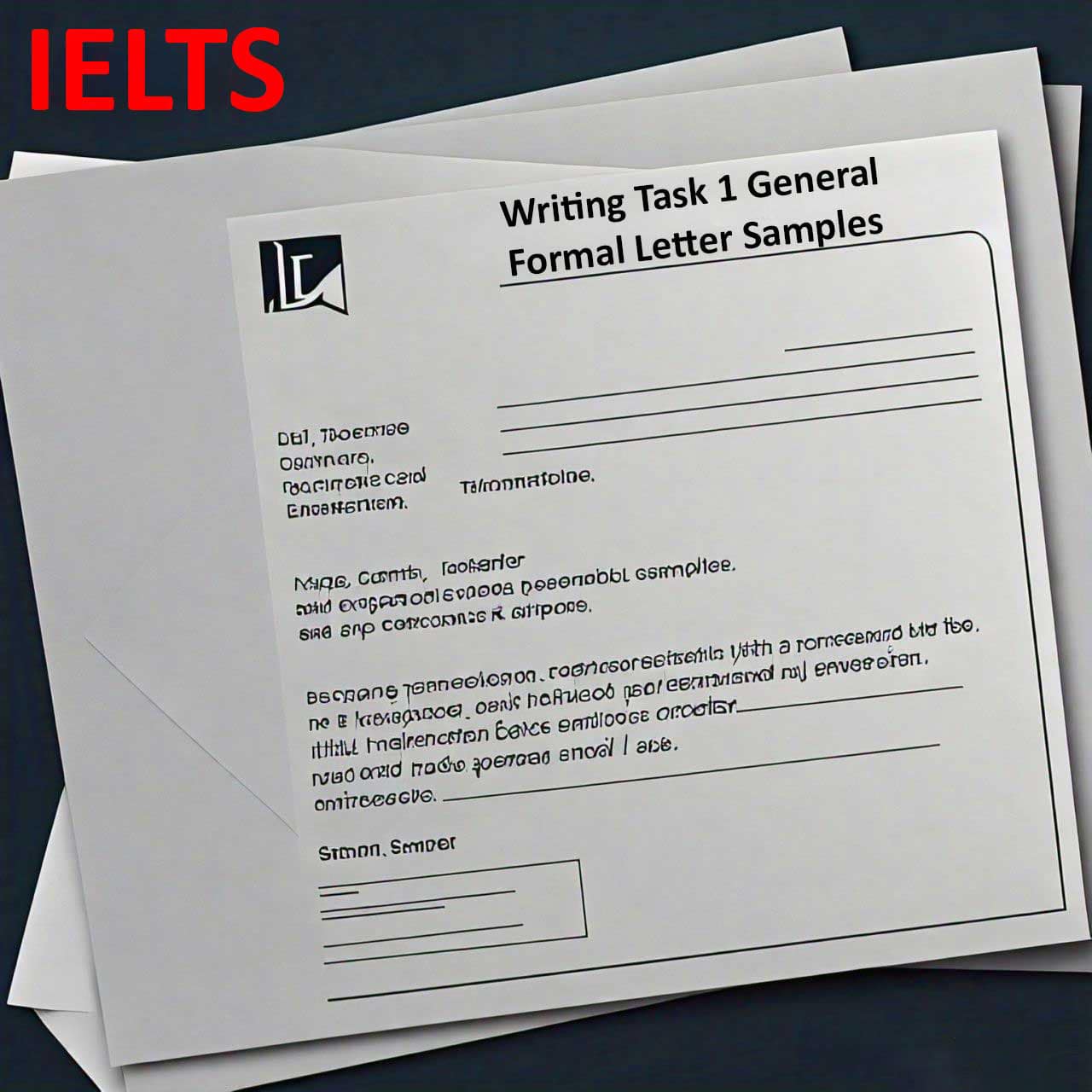In the realm of the IELTS (International English Language Testing System) exam, proficiency in grammar is a fundamental component of achieving your desired score, particularly in the Writing and Speaking sections. Understanding and applying essential grammar rules not only enhances your ability to communicate effectively but also showcases your language proficiency to examiners. In this blog post, we’ll delve into the essential grammar rules you need to know for IELTS and how to master them effectively.
Importance of Grammar in IELTS
1. Clarity and Coherence: Proper grammar ensures that your ideas are conveyed clearly and coherently, allowing examiners to understand your message without ambiguity.
2. Accuracy and Precision: Correct grammar usage demonstrates your ability to express yourself accurately and precisely, enhancing the overall quality of your writing and speaking.
3. Professionalism and Proficiency: Demonstrating mastery of grammar rules showcases your language proficiency and professionalism, leaving a positive impression on examiners.
Essential Grammar Rules for IELTS
1. Subject-Verb Agreement: Ensure that the subject and verb in a sentence agree in number and person. For example, “The student studies diligently” (singular) vs. “The students study diligently” (plural).
2. Verb Tenses: Understand and use appropriate verb tenses, including present, past, and future, as well as perfect and continuous forms. Pay attention to tense consistency within sentences and paragraphs.
3. Articles (a, an, the): Know when to use indefinite articles (a, an) for non-specific nouns and definite article (the) for specific nouns. For example, “I saw a cat” vs. “I saw the cat.”
4. Pronouns: Use pronouns correctly to replace nouns in sentences. Ensure agreement in gender, number, and case. For example, “He is my brother” (masculine singular) vs. “They are my siblings” (plural).
5. Prepositions: Use prepositions accurately to show relationships between nouns, verbs, and other elements in a sentence. Pay attention to common preposition usage and collocations.
6. Relative Clauses: Master the use of relative pronouns (who, whom, whose, which, that) to create complex sentences and provide additional information about nouns.
7. Conjunctions: Understand and use conjunctions (and, but, or, so, etc.) to connect words, phrases, and clauses within sentences and to express relationships between ideas.
8. Modals: Know how to use modal verbs (can, could, may, might, must, should, etc.) to express ability, permission, obligation, and possibility.
Strategies for Mastering Grammar
1. Study Grammar Guides: Invest time in studying comprehensive grammar guides or textbooks that cover essential grammar rules and provide explanations, examples, and exercises.
2. Practice Regularly: Incorporate grammar practice into your daily study routine by completing exercises, quizzes, and worksheets that target specific grammar rules.
3. Analyze Model Answers: Analyze model answers for IELTS Writing and Speaking tasks to identify correct grammar usage and sentence structures. Note how proficient writers and speakers apply grammar rules effectively.
4. Seek Feedback: Solicit feedback on your writing and speaking from teachers, tutors, or language partners, focusing specifically on grammar accuracy and usage. Use feedback to identify areas for improvement and target weaknesses.
5. Review and Revise: Regularly review grammar rules and revisit areas of difficulty to reinforce your understanding. Apply grammar rules consciously in your writing and speaking practice and revise your work to correct errors.
Conclusion
Mastering essential grammar rules is crucial for success in the IELTS exam, as it enhances clarity, coherence, accuracy, and professionalism in your writing and speaking. By understanding and applying key grammar concepts such as subject-verb agreement, verb tenses, articles, pronouns, prepositions, relative clauses, conjunctions, and modals, you can demonstrate your language proficiency effectively to examiners. Remember to study grammar guides, practice regularly, analyze model answers, seek feedback, and review and revise consistently to strengthen your grammar skills. With dedication and practice, you’ll be well-equipped to tackle grammar-related challenges on the IELTS exam and achieve your desired score.



